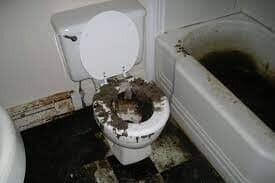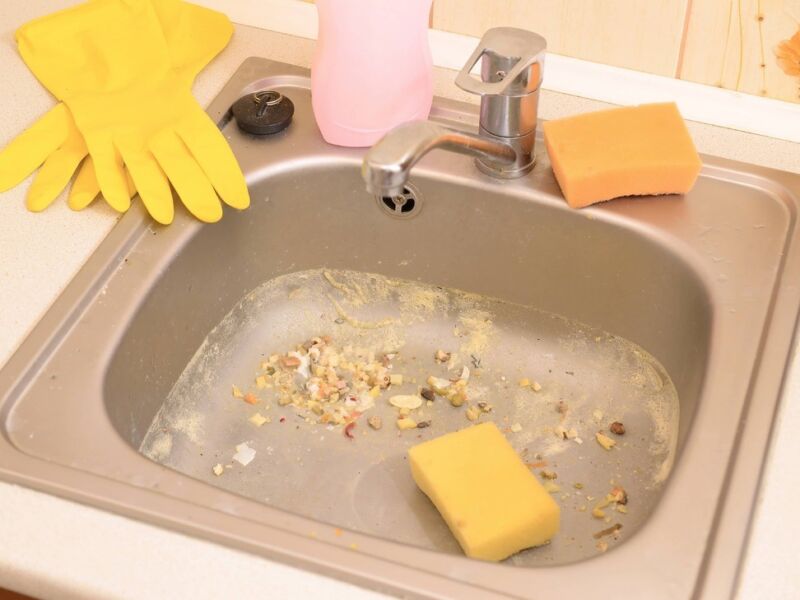
Sewage Backup and Property Disclosures: Taking a Comprehensive Look
Sewage backup is an unfortunate and unpleasant situation that can occur in both residential and commercial properties. Dealing with sewage backup involves not only addressing the immediate health risks and property damage but also understanding the necessary property disclosures in such incidents.
The Dangers of Sewage Backup

Sewage backup can pose significant health risks to individuals who come into contact with the contaminated water. Raw sewage contains harmful bacteria, viruses, and other pathogens that can cause a range of illnesses, including gastrointestinal issues, skin infections, and respiratory problems.
Additionally, sewage backup can cause extensive damage to the property itself. The contaminated water can seep into walls, floors, and furniture, leading to structural damage, mold growth, and unpleasant odors. Addressing sewage backup promptly is crucial to prevent further damage and ensure the safety of occupants.
Property Disclosures for Sewage Backup Incidents
When it comes to buying or selling a property that has experienced a sewage backup incident, certain property disclosures are necessary to provide transparency and protect the interests of both the buyer and the seller. These disclosures typically include:
- Documentation and details about the sewage backup incident, such as the cause, extent of damage, and steps taken for remediation.
- Information on any repairs or upgrades made to the property’s plumbing system to prevent future sewage backup incidents.
- Reports from professional restoration and cleanup services verifying that the property is safe and free from contamination.

It’s essential for both buyers and sellers to understand their obligations regarding property disclosures related to sewage backup incidents. Failure to disclose such incidents can lead to legal liabilities and financial consequences for the party involved.
Preventing Sewage Backup
While sewage backup incidents can happen unexpectedly, there are measures property owners can take to reduce the risk. Some preventive steps include:
- Regular inspection and maintenance of the plumbing system, including septic tanks, drain pipes, and sewer lines, to identify any potential issues early on.
- Proper disposal of items that should not be flushed down the toilet, such as sanitary products, wipes, and fats/grease.
- Installing backwater valves or check valves to prevent sewage from flowing back into the property.
- Ensuring proper grading and drainage around the property to divert water away from the foundation.
By following these preventive measures, property owners can minimize the chances of experiencing a sewage backup incident.
Frequently Asked Questions (FAQs)
Q: How can sewage backup affect my health?
Q: What should I do if I experience sewage backup in my property?
Dealing with sewage backup requires prompt action, professional assistance, and proper property disclosures. If you’re facing a sewage backup incident, contact Water Damage Restoration Pros of Las Vegas for efficient sewage backup remediation and cleanup services. Our team of experts is dedicated to restoring your property and ensuring your safety.


